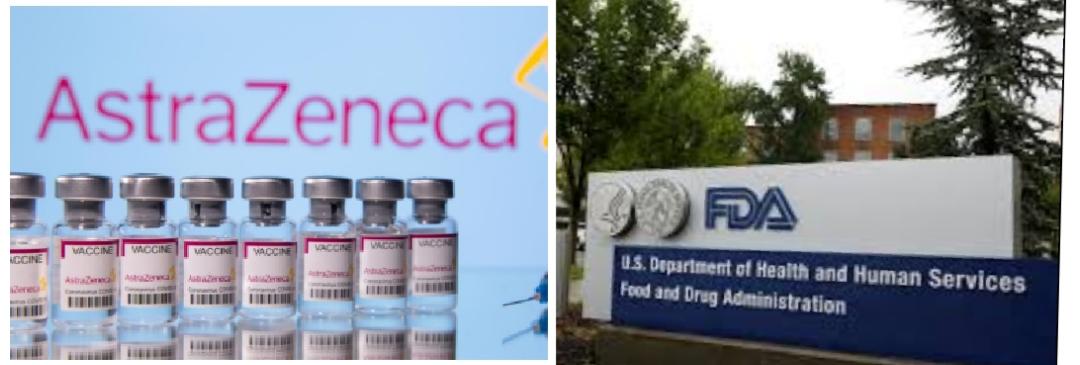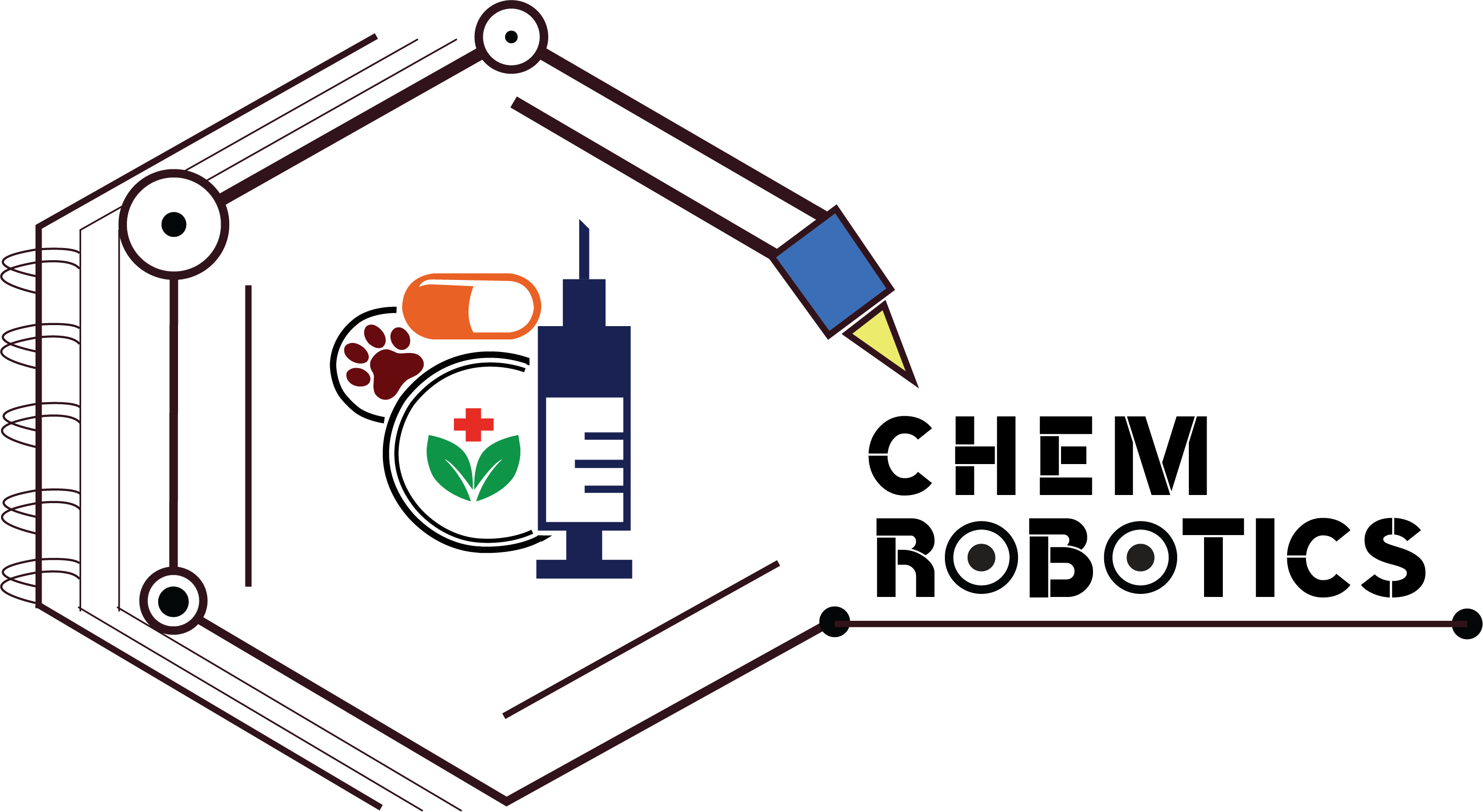Summary :
- With the FDA’s emergency use authorization today of AstraZeneca’s long-acting antibody cocktail, the roughly 2% of U.S. residents who are immunocompromised will have a treatment that provides protection comparable to what healthy people receive from COVID-19 vaccines.
- Brian Koffman, the chief medical officer of the Chronic Lymphocytic Leukemia Society, lauded the approval.
People in the U.S. with conditions that prevent them from building immunity with COVID-19 vaccines will soon have a way to get adequate protection from the virus.
With the FDA’s emergency use authorization today of AstraZeneca’s long-acting antibody cocktail, the roughly 2% of U.S. residents who are immunocompromised will have a treatment that provides protection comparable to what healthy people receive from COVID-19 vaccines.
Those 12 and older weighing at least 88 pounds will be eligible for Evusheld, which is a combination of two monoclonal antibodies (tixagevimab and cilgavimab) developed at the Vanderbilt University Medical Center. A dose of Evusheld provides protection for six months.

FDA Approves AstraZeneca’s Evusheld becomes First Authorized COVID Antibody to Protect the Immunocompromised Before Exposure
“We now have the first antibody therapy authorized in the U.S. to prevent COVID-19 symptoms before virus exposure while also providing long-lasting protection with a single dose,” Mene Pangalos, AstraZeneca’s vice president for biopharmaceuticals R&D, said in a statement. “Evusheld neutralizes all previous SARS-CoV-2 variants to date, and we are working quickly to establish its efficacy against the new omicron variant.”
Evusheld is not approved for those who are infected or those who have been recently exposed to the virus. It also is not to be used as a substitute for vaccination among those who are recommended to be vaccinated.
Eligible to receive the intramuscular injections—which are given in succession—are those with moderate to severely compromised immune systems due to a medical condition or taking immunosuppressive medications. Also eligible are those with a history of severe adverse reactions to COVID-19 vaccines.
While vaccines depend on intact immune systems to generate neutralizing antibodies and infection-fighting cells, AZ’s therapy depends on lab-made antibodies that remain in the body for months.
The two antibodies in the cocktail regimen attach individually to SARS-CoV-2’s spike protein, stopping the virus from entering the body’s cells and causing infection. Because tixagevimab and cilgavimab bind to different, nonoverlapping sites on the spike protein, it is believed they are more effective than using either alone.
The approval is based on data from two phase 3 trials. In the PROVENT study, one 300-mg dose reduced the risk of symptomatic COVID-19 by 83% compared to placebo over six months. More follow-up is needed to establish the full duration of protection provided by Evusheld, the company said.
Brian Koffman, the chief medical officer of the Chronic Lymphocytic Leukemia Society, lauded the approval.
“One of the primary questions I keep getting asked by patients is, ‘When can I hug my grandchildren again?’” Koffman said in a statement. “As a physician and person with a weakened immune system, l am filled with hope now that Evusheld will soon be available to those who can’t count on vaccination alone to provide the protection they need.”

